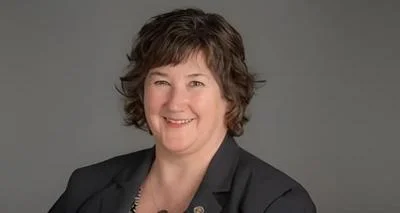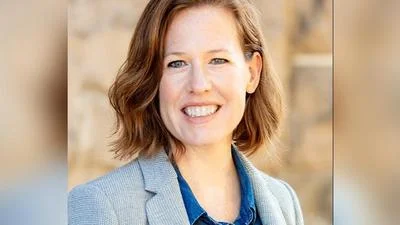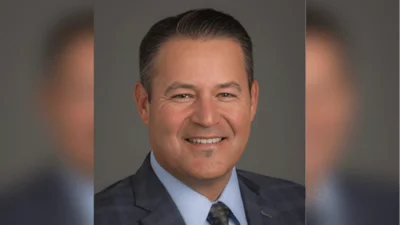Dr. James C. Schmidt Chancellor | Official website
Dr. James C. Schmidt Chancellor | Official website
The Office of Corporate and Community Partnerships (OCCP) at the University of Wisconsin-Eau Claire has been established with the support of a $400,000, three-year grant from the National Science Foundation. The OCCP serves as the main contact point for industry, agencies, and organizations seeking to collaborate with the university on research and development projects.
Dr. Doug Dunham, interim director of strategic partnerships and program development, oversees the OCCP. He emphasizes that industries collaborating with UW-Eau Claire will benefit from faculty expertise and student researchers. “I’ve always been very passionate about trying to connect the university with industry and other organizations,” Dunham says. “We have both the expertise and the instrumentation. In some cases, industries need analysis done and they don’t have the ability to do it. We have both the equipment and the expertise to help with that."
Dunham highlights that understanding industry issues is crucial for effective collaboration: “When you start to see the university as a whole there are so many really smart people here who can help solve all kinds of issues, but we have to know what those issues are.”
On October 18, the OCCP will host a conference titled "University Partnerships: Unlocking Potential" aimed at informing local and regional businesses about potential collaborative projects with UW-Eau Claire. The event will take place from 9 a.m.-1 p.m. in the Council Oak Room of Davies Center.
According to Dunham, UW-Eau Claire’s size allows it to be more flexible than larger urban research universities primarily focused on faculty research publications and grants. “At UW-Eau Claire, we’re more tied to the community,” he says. “The faculty have the expertise and if an opportunity comes, we can be more flexible than bigger schools can be. Certainly, we can be more responsive and I think more willing to listen, especially for small companies.”
Currently, academic departments and the UW-Eau Claire Foundation work with over 350 businesses, organizations, and government agencies. The new office aims to maintain an inventory of these collaborations while seeking opportunities for expanding them into strategic partnerships.
“The goal isn’t to just have a partnership but to have an ongoing partnership, establish something that is long term,” Dunham explains. “As the company’s needs or the community agency’s needs change, we can change with that. As the needs change, we can still satisfy those needs.”
Dr. Michael Carney, interim provost and vice chancellor for academic affairs at UW-Eau Claire, states that establishing OCCP shows UW-Eau Claire's dedication to providing students with unique learning experiences through research collaborations with industry partners.
“Research collaborations with industry and community partners give students a clear line of sight on the impact of their work,” Carney says. “For many projects, students can see the impact of their work almost in real time which is incredibly motivating and rewarding."
One example of successful collaboration involves Dr. Patricia Cleary's chemistry students working on a project with Superior Fresh, an aquaponic organic farm near Northfield in Jackson County. This project enables students to apply their chemistry skills in real-world business settings.
“It’s a direct application of their learned chemistry skills,” Cleary says. “In this partnership, we have access to instrumentation and supplies here at UW-Eau Claire that our industrial partner doesn’t have. We can do more sophisticated analysis with their samples to give them more helpful indicators.”
Dunham believes such student-faculty partnerships are mutually beneficial as they provide high-impact practices for students while giving industries insights into their future workforce.
“Sometimes we hear from companies that they don’t get applicants because no one knows what they do,” Dunham notes. “We can change that. We want industries to come on campus because there are ways to get them involved that aren’t expensive — just to be active here and get their brand known to the students.”





 Alerts Sign-up
Alerts Sign-up